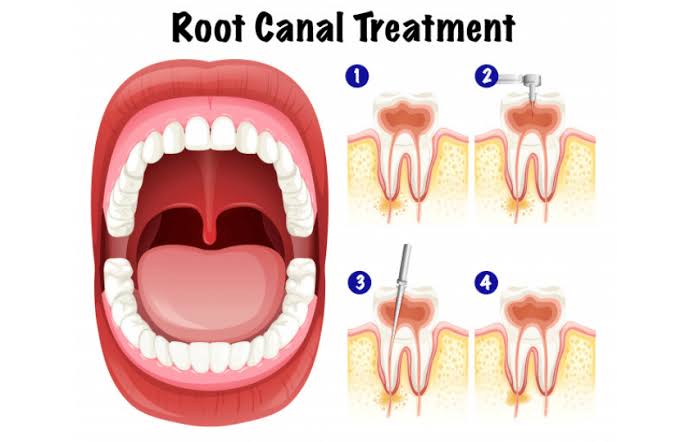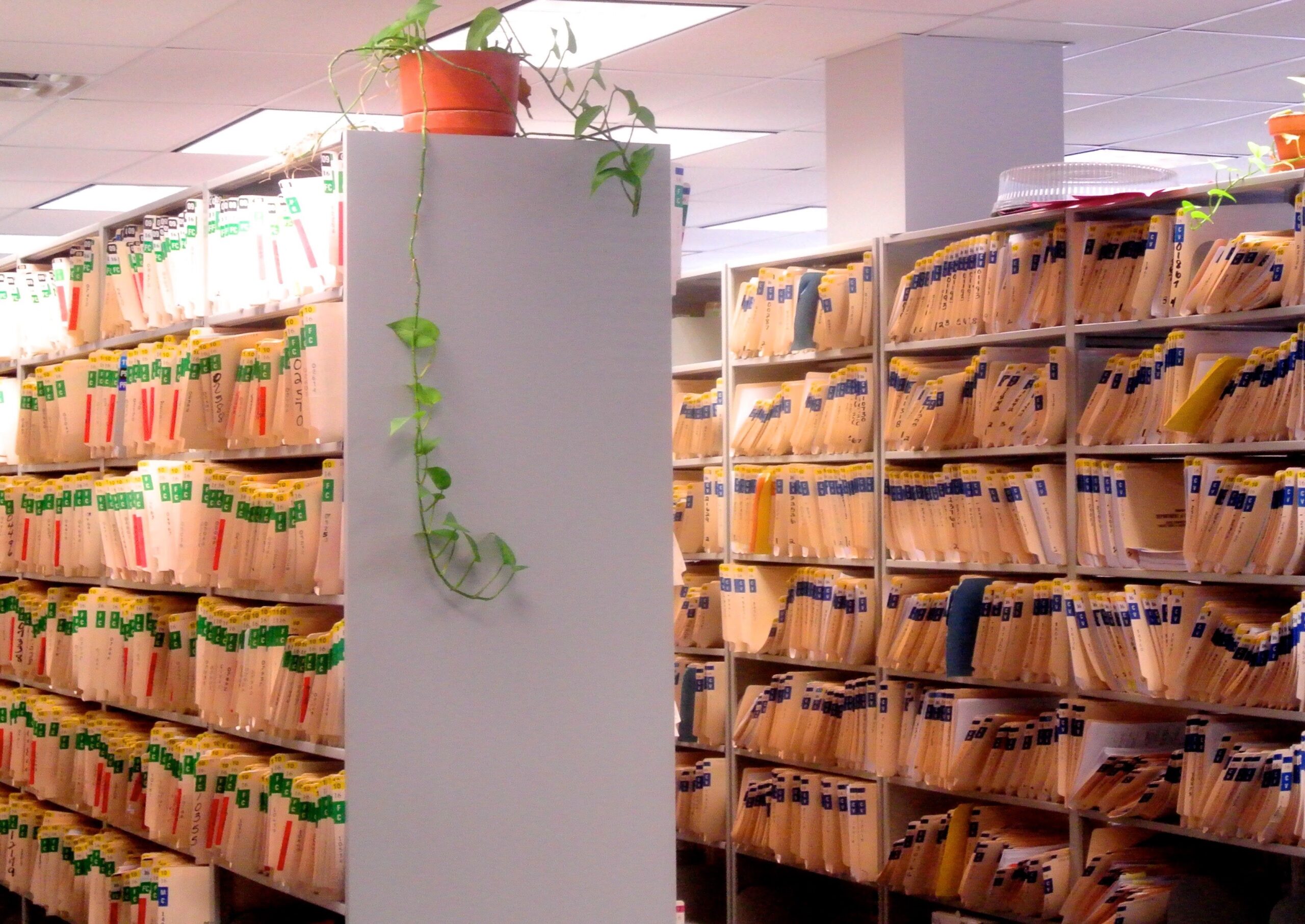A root canal is a common dental procedure that can save a tooth from extraction by treating deep decay or infection. If left untreated, an infected tooth can cause severe pain and lead to more serious oral health issues. Recognising the warning signs early can help you seek timely treatment and prevent complications. Here are the key symptoms that may indicate you need a root canal.
Persistent Tooth Pain
One of the most common signs that you may need a root canal is persistent tooth pain. This pain can be constant or come and go, but it often worsens when chewing or applying pressure to the affected tooth. Unlike occasional discomfort from minor sensitivity, root canal pain can feel deep and throbbing. If the pain doesn’t subside or worsens over time, it could be a sign of an infection inside the tooth.
Prolonged Sensitivity to Hot and Cold
Sensitivity to hot and cold foods or drinks is another warning sign. If you feel a sharp or lingering pain even after removing the hot coffee or ice cream, it may indicate nerve damage inside the tooth. Normal sensitivity usually disappears quickly, but if the discomfort lasts for several seconds or minutes, it could be a sign that the tooth’s inner pulp is inflamed or infected.
Swollen or Tender Gums
Swelling around a particular tooth or tenderness in the gums can be a sign of an underlying infection. This inflammation may be mild at first but can become more pronounced if left untreated. Some people may also notice a small, pimple-like bump on the gums near the affected tooth, known as a dental abscess. This bump may ooze pus, indicating an active infection that needs immediate attention.
Tooth Discoloration
A tooth that has turned dark or greyish in colour could be suffering from internal damage. This happens when the pulp inside the tooth dies due to an infection or lack of blood supply. Unlike external stains caused by coffee, tea, or smoking, this type of discolouration is often a sign of a serious issue that requires treatment.
Gum Abscess or Pimple on the Gums
A dental abscess, which appears as a small bump or pimple on the gums, is a clear sign of infection. This abscess may cause swelling, a bad taste in the mouth, or even pus drainage. If not treated, the infection can spread to other areas of the mouth, jaw, or even the bloodstream, leading to severe complications.
Pain When Eating or Touching the Tooth
If your tooth hurts when you chew food or even when touched lightly, it could mean the nerves inside the tooth are inflamed. This type of pain is different from general tooth sensitivity and often feels sharp or sudden. Over time, the pain may become more persistent, signalling that the infection has worsened.
Loose Tooth
An infected tooth may start to feel loose due to the breakdown of surrounding bone and tissues. When bacteria spread inside the tooth, they can damage the supporting structures, making the tooth unstable. If you notice a tooth feeling wobbly without any clear cause, it’s best to have it examined by a dentist.
When to See a Dentist
If you’re experiencing any of these symptoms, it’s important to seek professional dental care as soon as possible. A dentist can assess the condition of your tooth and determine whether a root canal is necessary. Early treatment can help prevent further infection and save your natural tooth.
If you’re looking for a root canal dentist, professional dental care is available to relieve your pain and restore your oral health. Don’t wait until the pain becomes unbearable—schedule a dental visit at the first sign of trouble.
Now What
Recognising the early signs of a root canal infection can help prevent severe pain and tooth loss. Persistent pain, prolonged sensitivity, swelling, and tooth discolouration are key indicators that something is wrong. Seeking prompt dental care can save your tooth and prevent further complications. If you’re experiencing any of these symptoms, don’t delay—consult a dentist to discuss your treatment options.




